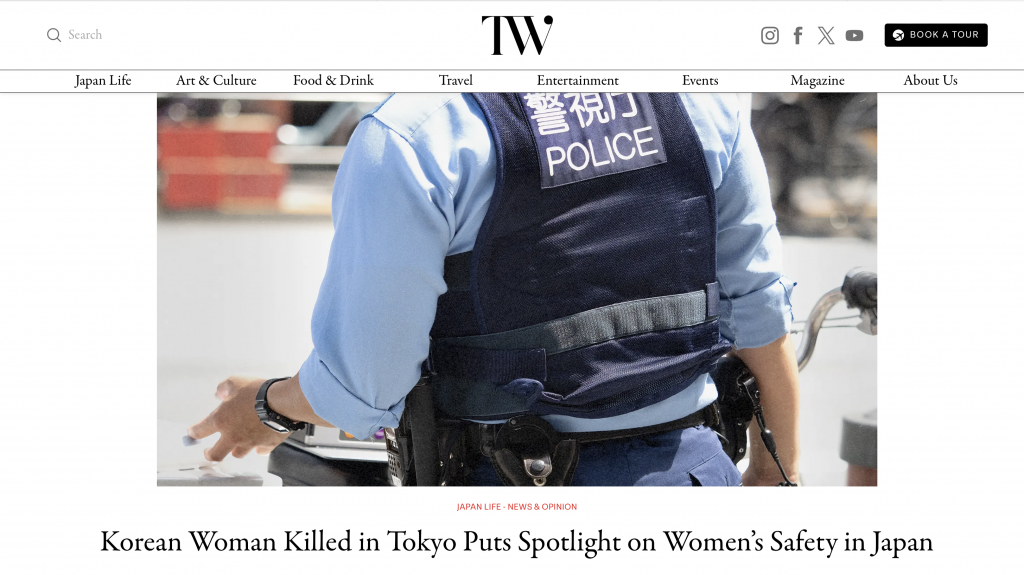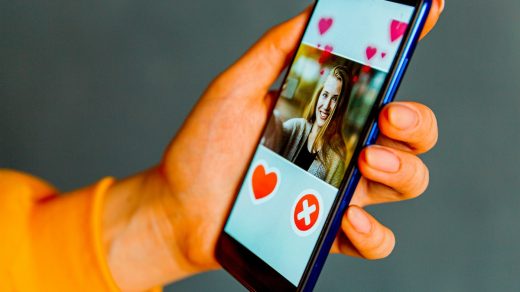
A few weeks ago, I watched the news about a murder case in Tokyo. Since then, I have been haunted by nightmares- running away from a man who wanted to kill me. Every time I had a nightmare, it caught up to me, and just until the moment before I was killed by the man. When I woke up, my whole body was sore and tense. That experience made me ask myself: Is watching the news always necessary, or can it sometimes harm us more than help us? Am I ignoring people who are suffering from war and poverty?

In general, following the news is part of being educated or responsible. Watching the current news is important for us to learn about history and society. However, sometimes the news is overwhelming, depressing, or even harmful. Tense caster’s voice with a serious tone, shocking video and photo, such as people’s blood, police car or ambulance siren. At the same time, I also hate myself for looking away. I imagine how the women were scared when they were killed, the ending of their lives by a knife, and how they were hurt. Does avoiding the news mean ignoring people’s suffering? However, I also think that the fact that they died, and the war won’t change, even if I’m sad about it and sorry for that. I feel sin for that I want to protect myself from the media and too much stimulation.
Can we trust the media?

There are many media such as TV news, newspapers, websites, and social media. Some people say that even newspapers cannot be trusted, because they also admit that newspapers make mistakes. Why do traditional media (books, newspapers) still feel more trustworthy than digital or SNS? It is because we can know who wrote and report exactly, and what is based on the writings and reporting.
Even though we watched the news and random short video such as prank or animals’ video, it can be fake and prank also just can be acting and just story. However, we take it seriously, and think it’s interesting. It is no longer important whether it is true or not. If it can kill time and is entertaining, the view count will rise, and it will become popular. Do you trust the media because it’s interesting? Or just you feel interesting, but you are unconscious whether it is reliable or not?
When I think about news consumption, I realize the challenge is not only whether to watch but also how much. Some people watch news constantly, checking updates every hour. Others, like me, sometimes avoid it completely because of the emotional impact. Perhaps the healthier way is somewhere in between. For example, limiting myself to ten or fifteen minutes a day, or choosing only written articles instead of dramatic video footage, might help me stay informed without being overwhelmed. Protecting mental health should not be considered selfish—it is necessary if I want to keep learning and functioning in daily life.
At the same time, I know I cannot completely close my eyes to reality. The world is full of wars, disasters, and suffering. Ignoring everything would not make those problems disappear, and it would also prevent me from understanding the society I live in. I need to find media that presents information in a calm and thoughtful way, rather than one that shocks me with loud voices or graphic images.
How can we, as ordinary people, tell which news is reliable? It is easy to believe whatever goes viral on social media, but that does not always mean it is true. Learning to check sources, compare reports, and ask who benefits from a story might be as important as the news itself.
Sources
https://www.youtube.com/watch?app=desktop&v=IcmNAEjl6OQ
https://mainichi.jp/english/articles/20250901/p2g/00m/0na/035000c



I feel the same way when I watch the news constantly — it can become emotionally harmful. I think it’s good to follow a certain amount of news, but at the same time, we shouldn’t be ignorant. It’s not about a duty to consume news, but rather about developing critical thinking. As someone who doesn’t read the news often (like me), I believe critical thinking is the key when we do engage with it. For example, outlets like CNN or BBC often lean toward a left-wing bias. The problem is, the more you read, the more you realize how information can also be used as a tool to influence and control people. That’s why it’s important to balance news consumption, check multiple perspectives, and avoid relying on just one outlet.